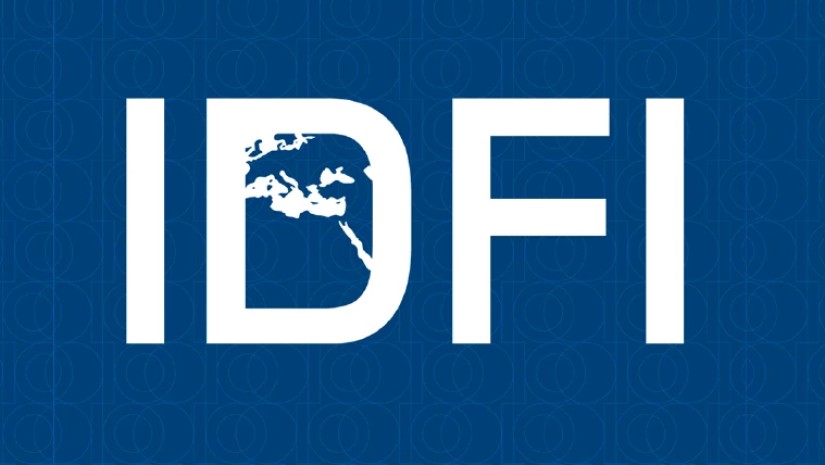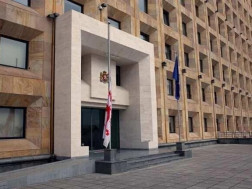Institute For Development Of Freedom Of Information (IDFI) published a document on Gifts Received by Public Officials between 2020-2022.
In the year 2020-2021, a total of 394 individuals within the executive branch or their family members received gifts with a cumulative value amounting to 27.8 million GEL.
Between 2020 and 2022, public officials who submitted declarations received gifts totaling 18.6 million GEL, while their family members received gifts totaling 9.2 million GEL.
According to the IDFI report, public officials received 90% of the gifts, amounting to 25.1 million, from their family and close relatives. An additional 8%, which equals 2.1 million, came from relatives whose gift-giving is restricted by law. The remaining 2%, totaling 0.6 million, were received from friends, colleagues, and other sources.
The Prime Minister is ranked 18th in terms of the value of gifts received, with a total of 300 thousand GEL, among the officials within the executive branch.
As part of the monitoring efforts, numerous suspicious cases involving officials allegedly receiving gifts in violation of the law have been uncovered. For instance, in 2022, Bakuri Giorgobian, the Deputy Head of one of the divisions within the Ministry of Internal Affairs, received a series of cash gifts from various sources. These included 24 cash gifts from his wife's aunt, totaling 14,690 USD and 410 EUR, 3,250 USD from his wife's aunt’s grandchild, 6,000 EUR from a wife’s friend, 8,450 GEL and 2,000 USD from his wife's mother, and 1,000 US dollars from other relatives of his spouse, in addition to 12,110 GEL and 403 US dollars from his own friends.
Accepting a gift as a public servant carries inherent risks, including the potential for reciprocation or favoritism in return for the gift, which can harm the reputation of the public service. Moreover, the acceptance of a gift by a civil servant can be linked to a corruption scheme designed to conceal illicit income and legitimize it as a high-value gift.
The potential risks tied to public servants receiving gifts are addressed through legal regulations. In accordance with the Anti-Corruption Law, a public servant may not accept any gift or service that may affect the performance of his/her official duties.
Furthermore, the law establishes limitations on the value of gifts that public servants can accept. Specifically, the cumulative value of gifts received within a year should not exceed 15% of their annual official salary, and a single gift's value should not surpass 5%. These legal constraints also extend to the family members of the civil servant. For example, the combined total value of gifts received by each family member in a year should not exceed 1,000 GEL, and the value of an individual gift should not exceed 500 GEL. It's important to note that accepting a gift in violation of these legal provisions by a public official or an equivalent individual can result in criminal liability. However, under Georgian legislation, there is no provision for holding a family member of a civil servant accountable if they receive a gift that is prohibited by law.























